Lecture: The Editorial Independence of the BBC (ByMr. Brian Salter)
October 30, 2015 –Brian Salter, now serving as a journalist and broadcaster in China, visited the Institute of Human Rights and gave a lecture to the first-year Master's Students and several Ph.D. Students. Wei ZHANG, Associate Professor, Co-Director of CUPL also attended the lecture. The lecture gave a brief overview of the history of the BBC-how its constitution also guarantees its editorial independence of from government interference.
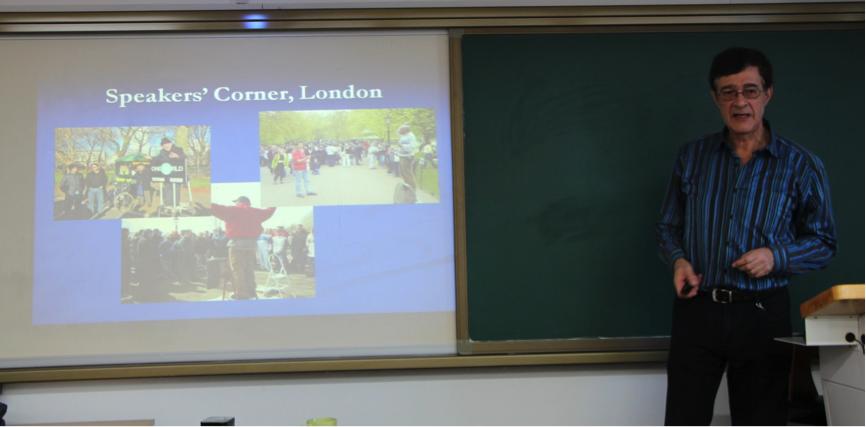
His personal experiencesare introduced at the beginning of the lecture. His career began at the BBC where he produced and presented programs for the World Service, before working as an editor in the BBC World Service newsroom, thence moving to BBC TV news.Then he moved to Beijing in July 2011. Now he works as a journalist and broadcaster.
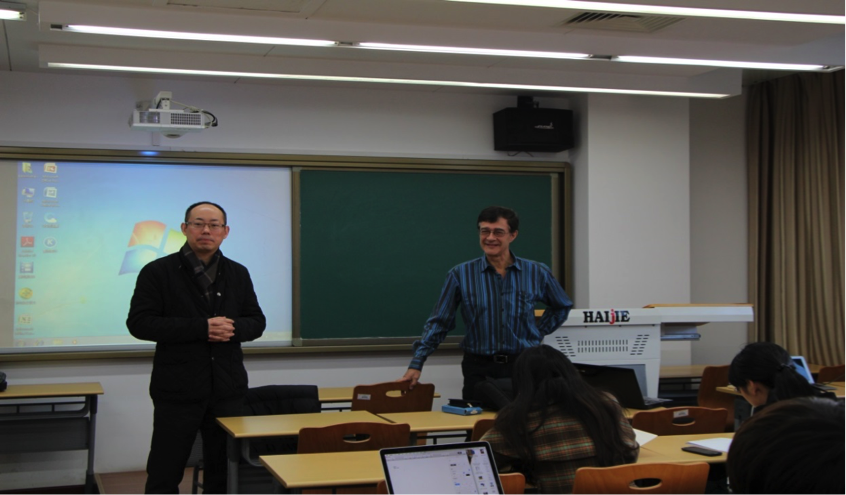
The lecture focused on three points: 1. how the BBC got its reputation; 2.the reason why BBCis different from other stations; 3.the BBC’s future. To start with, he mentioned the freedom of speech and he thought that means people can say anything exactly what they want, then he explained the meaning of BBC’sindependence. When talking about BBC’s independence, he said that BBC got its reputation for being impartial and unbiased. Unlike Chinese news reports which tend to support official opinions, BBC would cover views from all sides and it doesn’t judge. “The BBC has a duty to not protect the government,” Mr. Salter said, “that’s why it is really different at all. ”
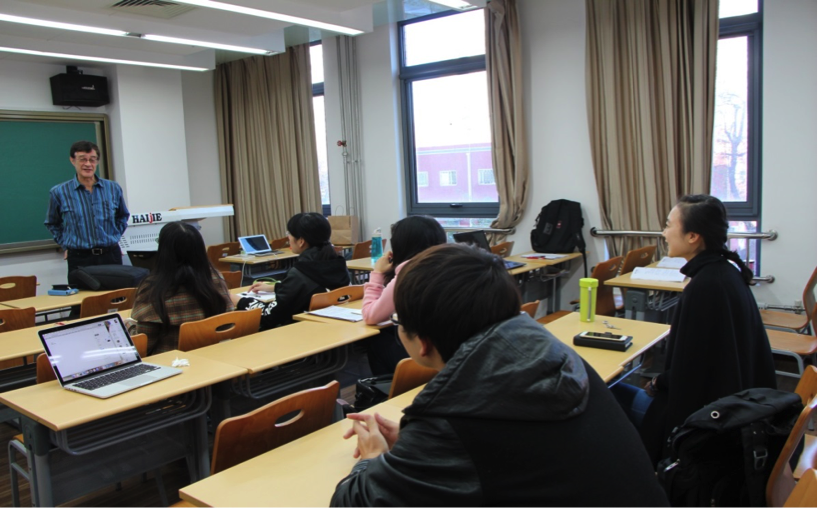
To further clarify how the BBC got its reputation, Mr. Salter introduced the students the history of the BBC. Firstly, he talked about the development of radio, from spark transmitter to thermionic valves, from RMS to 2MT. Then Mr. Salter introduced the founder of BBC named John Reith. John Reith treated broadcasting as a way of educating the masses rather than entertaining people. The BBC was financed by a royalty on the sale of BBC wireless receiving sets from approved manufacturers and by a licence fee in 1923. In 1926, Reith famously came into conflict with the Government during the 1926 when United Kingdom general strike. The BBC bulletins reported, without comments, all sides in the dispute,including the TUC's and of union leaders. In 1927, John Reith was employed asthe Director-General of the British Broadcasting Corporation created under aRoyal Charter. Mr. Salter pointed out that BBC was different from other stations because of its neutral attitude towards broadcasting by reporting opinions from all sides. After talking about the development of BBC from 1930s until now, Mr. Salter also told the attendants the current situation about BBC.
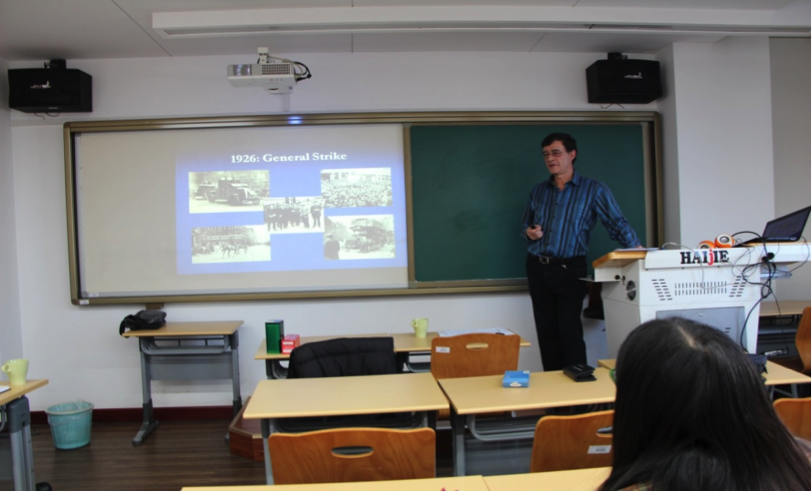
When speaking of the BBC’s future, Mr. Salter said: “Internet has changed everything. We don’t know what will happen in future. But we can think of the prediction of future.” He emphasized that values mattered a lot. British people still believe BBC because of its impartiality. At the end of the lecture, he doubted that Chinese peoplehad the same rights as the western people. But Mr. Salter also said: “The definition of human rights is uncertain. It really depends on where you come from.”
After the lecture, the participants took a group photo.
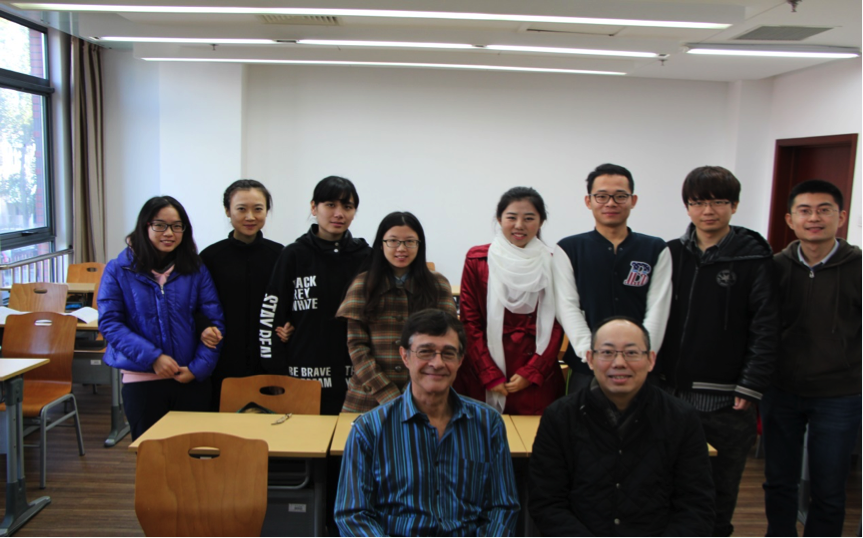
Written By Nie Xiaojing